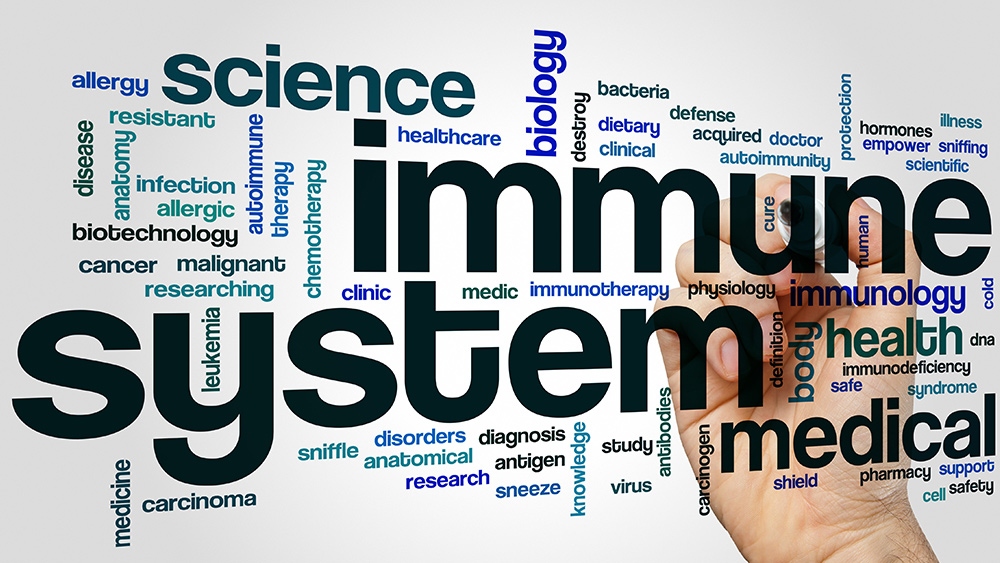
In an article in the National Communication Association's "Review of Communication," researchers posited that expressing gratitude can result in positive outcomes for a person. This conclusion is obvious, as stated by the authors themselves, but they argue that there isn't enough research to validate this claim.
The study indicates that happiness and gratitude are discrete experiences. Gratitude, in particular, is defined as a result of the actions of others and not our own. Thus, the expression of gratitude is a person's response to a stimulus – in this case, the generosity of others. Experts define gratitude to be a relational value – simply defined, it is what we get from building relationships and interacting with other people. Take friends, for example. As we establish close ties with these people: Eat out, watch movies or hang out with them, the value of this relationship increases. This will ultimately result in us feeling grateful for their generosity.
Other studies have already built on the effect of trait gratitude, defined as a holistic inclination towards perceptions of appreciation and abundance, on a psychological well-being. A separate study has stated that gratitude is linked to a person's well-being and that it may have significant use in psychotherapy treatment. Moreover, various studies have pointed out that gratitude is a key factor in reducing levels of depression, anxiety, envy, and job-related stress. It has also been credited with improving sleep levels, increasing exercise, and even keeping physical illness at bay. (Related: Research says gratitude can reverse aging, stress and ill health.)
Not only that, gratitude has been shown to enhance a person's interaction with society. Authors of the study indicate that "gratitude promotes social relationships by giving grateful people an appearance of warmth and responsiveness, increasing their trust in others, and motivating them to approach and bond with their benefactors." The study attributes this to the broaden-and-build theory of positive emotions. According to the theory, when a person experiences positive emotions such as gratitude, he is more likely to look for creative ways of thinking and acting: This is the broadening aspect of the theory. The building happens when these broad ways and actions develop lasting relationships as a result of a person broadening his mindset. To put this in perspective, a person who has experienced gratitude may experience an increased trust in others, as well as motivation to bond with people they are grateful for. This, in turn, makes up for the development of long-term relationships. At the end of the day, when a person expresses gratitude, he is bound to receive the same response, which will lead to improved social bonds and long-term relationships.
The study also points out to long-term benefits of expressing gratitude. This is especially useful to couples in a relationship, as its effects can last up to six months.
There are also a lot of ways to express gratitude – ranging from verbal cues to non-verbal messages. However, the authors state that these messages can sometimes be difficult to pick up on, as these are also used in other positive emotions such as kindness, compassion, or politeness. Still, expressions of gratitude are set apart by their content. The study defines this as "altercentric, relationship-oriented content regarding appreciation for something the sender perceives as valuable having been granted, expressed with nonverbal immediacy and indicators of responsiveness." Not just content – expressions of gratitude become more effective if contextual clues are included in the message. Simply put, "thanks" may be one way to communicate gratitude, but smiling while saying it makes it more effective in getting the message across.
A good way to express your gratitude for this article is to go to Mind.news and read up on psychological well-being. Be sure to spread it around.
Sources include:
Please contact us for more information.























